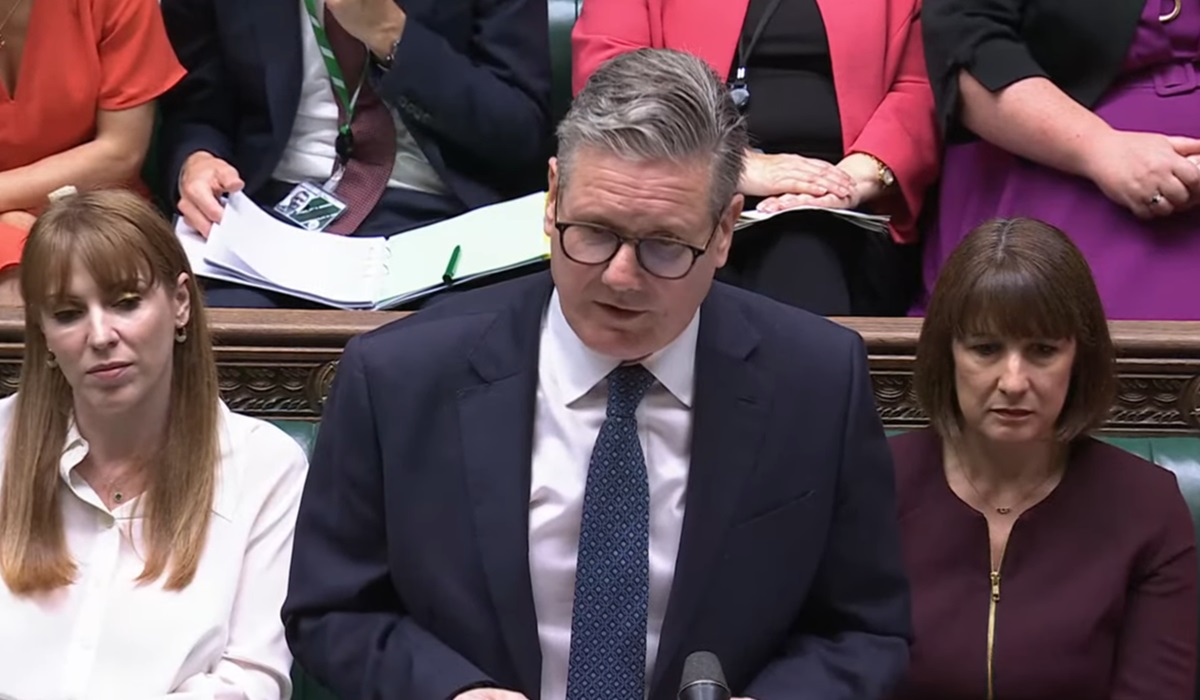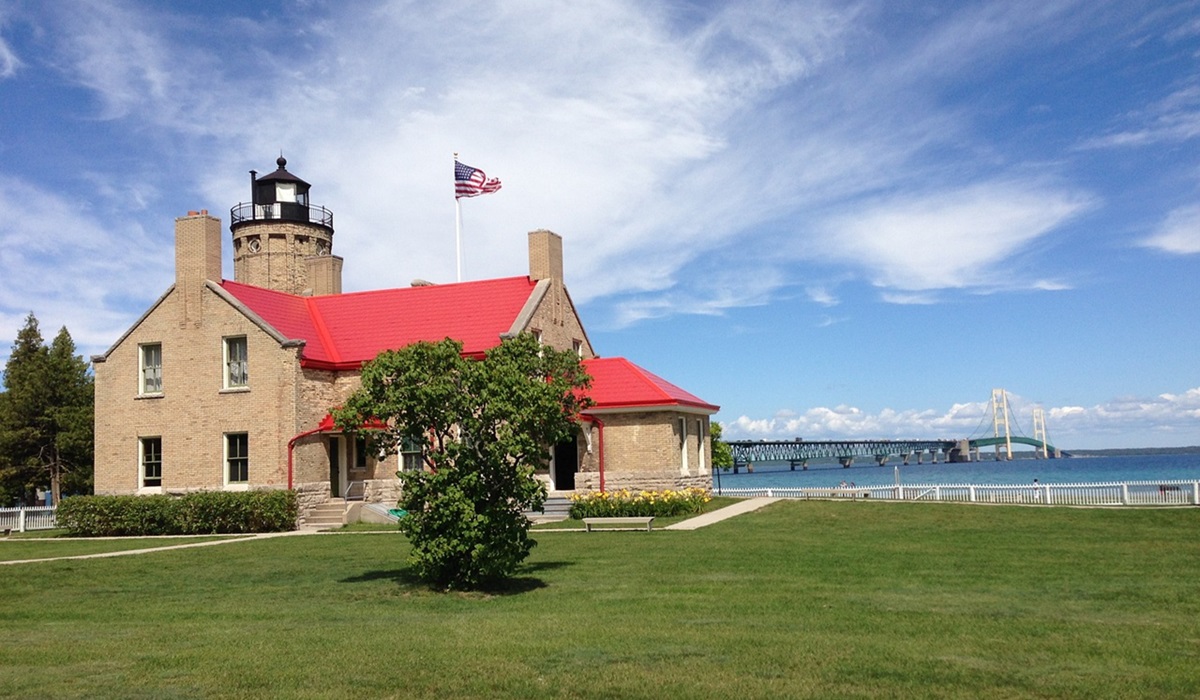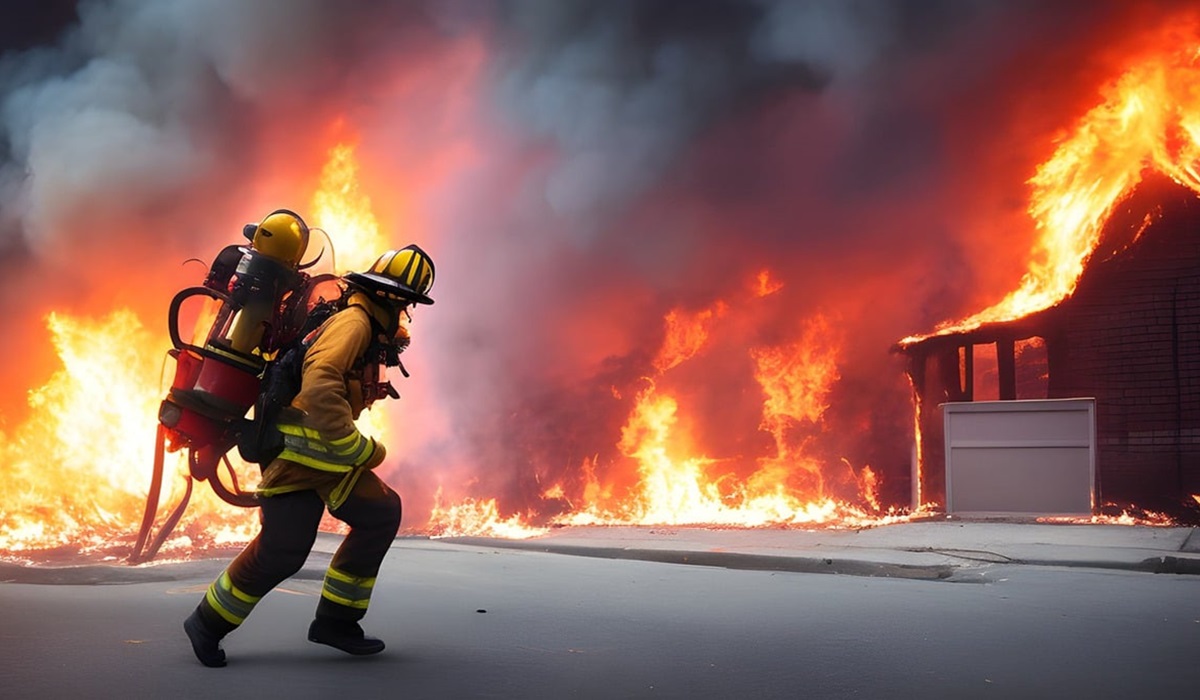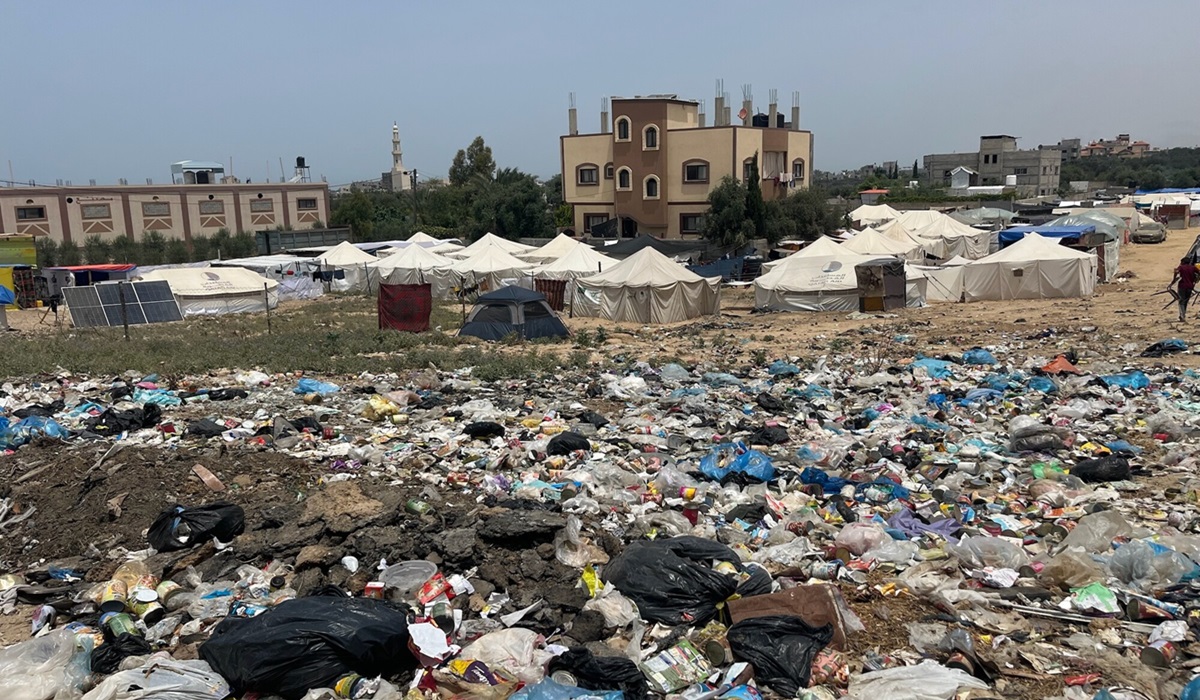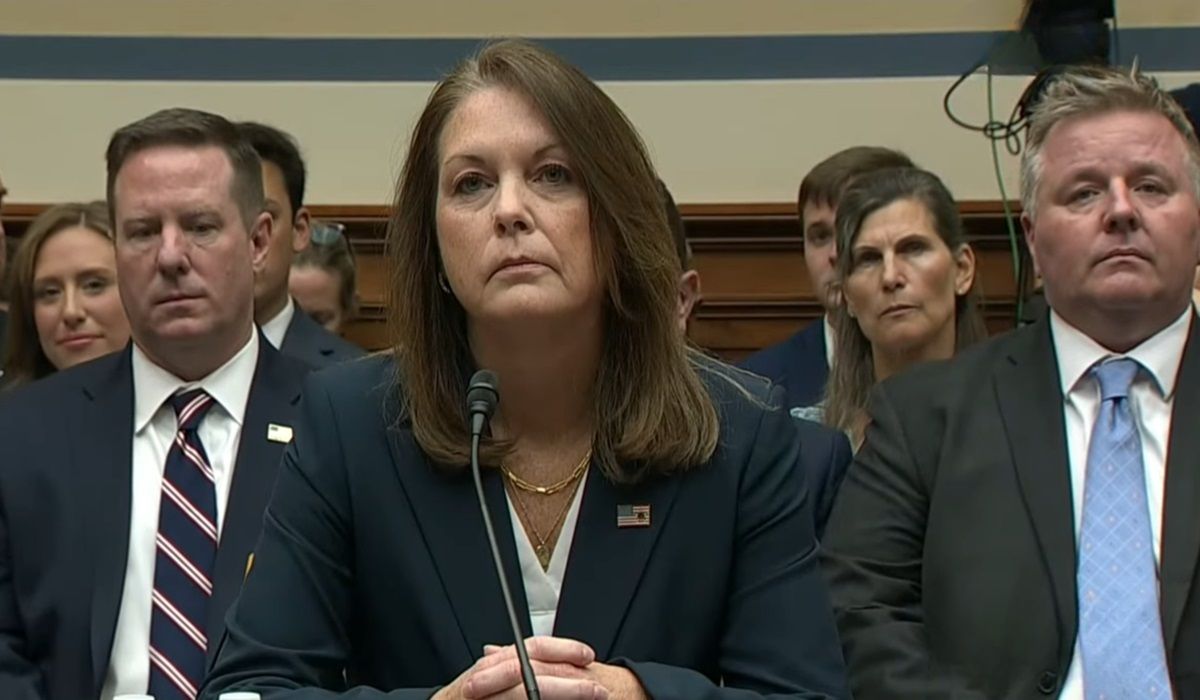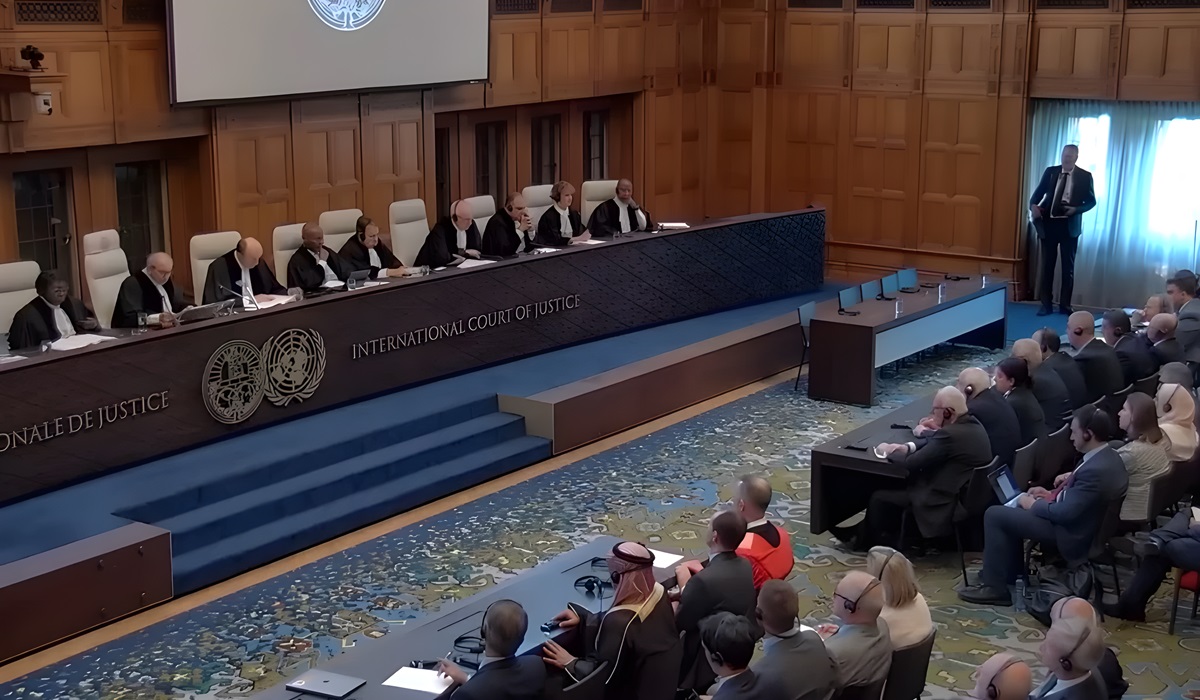Calgary Water Main Break: A Call for Equitable Resource Allocation
- TDS News
- Breaking News
- June 8, 2024
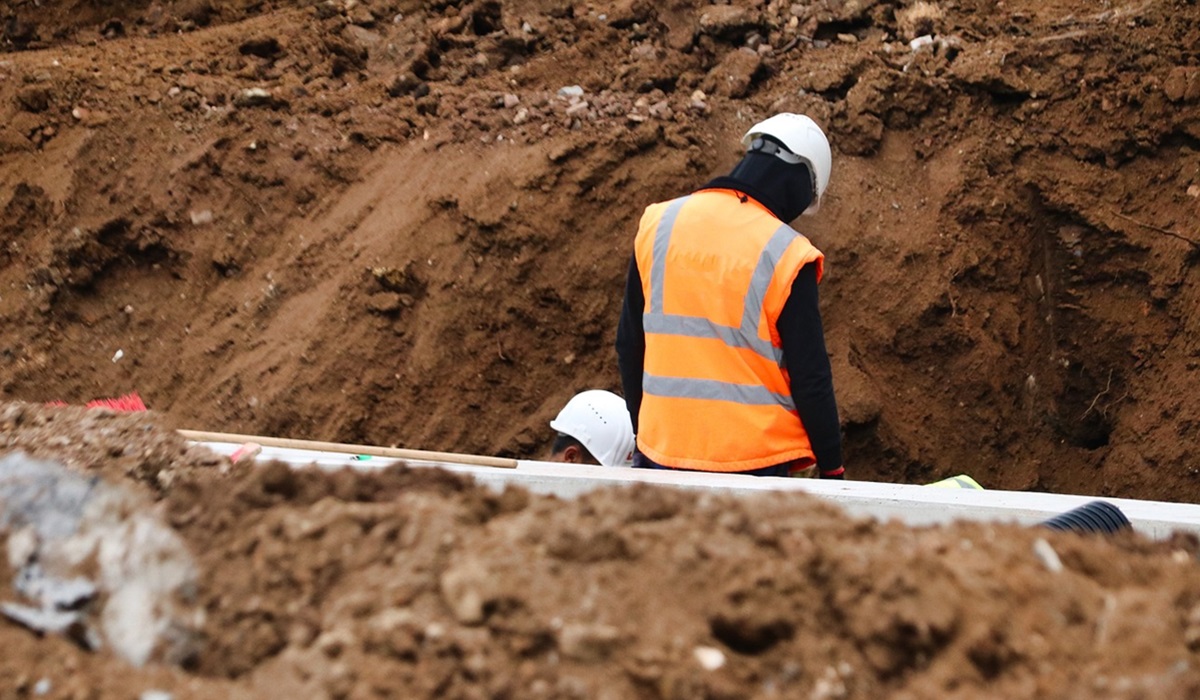
Image Credit, Alexander Fox
CALGARY – The recent water main break in the Bowness and Montgomery area of Calgary has escalated into a provincial emergency, prompting government officials to mobilize crews working tirelessly 24 hours a day to resolve the issue. Parts of the city are now under a boiled water advisory, intensifying the urgency of the situation.
The juxtaposition of the response to this crisis with the longstanding challenges faced by Indigenous communities regarding clean water access highlights a critical issue of equity and resource allocation.
For centuries, Indigenous communities across Canada have grappled with inadequate access to clean water, enduring boil water advisories that persist despite promises of resolution. The disparity in response becomes glaringly apparent when compared to the swift and robust reaction to a water main break in a major Canadian city like Calgary.
In Calgary, all three levels of government have swiftly mobilized resources and offered financial assistance to address the crisis. Mobile and temporary water stations have been set up across the city to ensure residents have access to clean drinking water while repairs are underway. Crews are working tirelessly around the clock to rectify the situation.
However, the same sense of urgency and abundance of resources is often not extended to Indigenous communities grappling with similar water crises. Boil water advisories on Indigenous lands frequently persist for years without adequate attention or resolution. The lack of mobile water stations and round-the-clock repair crews further exacerbates the challenges faced by these communities.
The stark reality is that the prioritization of resources and the urgency of response are contingent upon the demographics of the affected population. Indigenous communities, marginalized and often overlooked, do not receive the same level of attention and support in times of crisis.
The question arises: Why the discrepancy in response? The answer, though uncomfortable, lies in systemic inequalities and historical neglect. Indigenous communities continue to bear the brunt of governmental indifference and bureaucratic inertia, perpetuating cycles of deprivation and injustice.
As we witness the concerted efforts to address the water main break in Calgary, it is imperative to recognize and confront the underlying inequities that perpetuate disparities in resource allocation. Every Canadian, regardless of race or ethnicity, deserves access to clean and safe drinking water.
The current crisis in Calgary serves as a poignant reminder of the need for equitable resource distribution and proactive measures to address systemic injustices. It is not enough to react swiftly to emergencies in major urban centers while neglecting the ongoing struggles of Indigenous communities.
Moving forward, it is essential for governments at all levels to prioritize the well-being of all citizens and ensure that resources are allocated equitably. This includes addressing the longstanding water crises faced by Indigenous communities and implementing sustainable solutions to ensure universal access to clean water.
The repair efforts in Calgary must serve as a catalyst for broader conversations about justice, equity, and the fundamental right to water. Only through collective action and solidarity can we build a future where every Canadian can enjoy the basic necessities of life without discrimination or neglect.
In the face of crisis, let us not only repair broken pipes but also mend the fractures in our society that perpetuate inequality and injustice. Only then can we truly aspire to a future where clean water is not a privilege, but a universal right for all.

